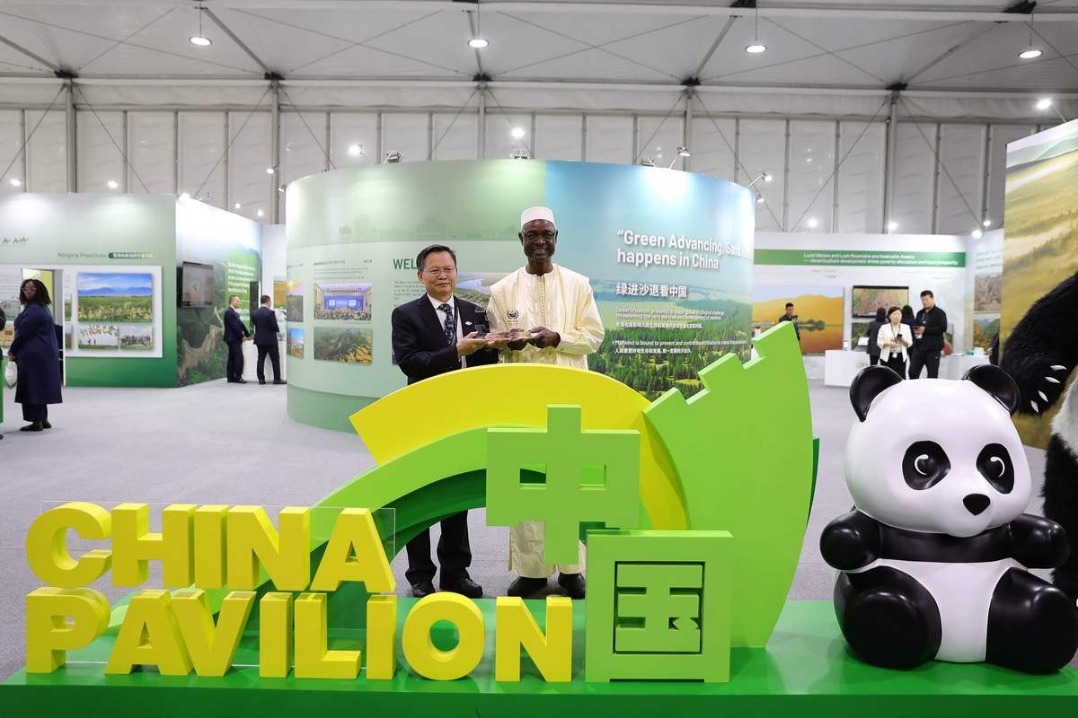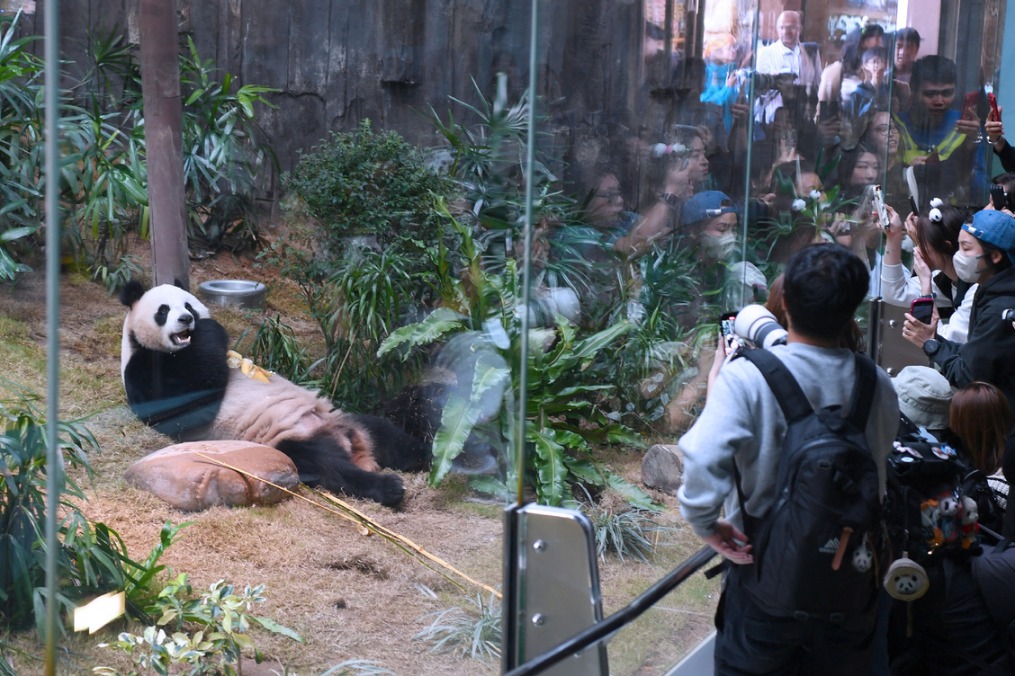Science literacy definition has evolved, experts say

Global experts shared their ideas and experiences on STEM education and science literacy assessment methods during the 2024 World Conference on Science Literacy, which was held in Beijing last week.
Liu Xiufeng, chair professor at the Faculty of Education and director of the Educational Testing and Assessment Research Center at the University of Macau, said that the definition of science literacy has evolved at the 2024 Forum of the Center for China Popularization held during the conference.
"Traditional science literacy has evolved into STEM literacy, which includes science, technology, engineering, and mathematics," said Liu, who is also a fellow of the American Association for the Advancement of Science.
"By investing in STEM education, we're preparing young people for the future job market and equipping them to actively participate in society. STEM-focused individuals are better able to tackle global issues like climate change, poverty, and disease," said Mitsue Uemura, regional education adviser from the East Asia and Pacific Regional Office of the United Nations International Children's Emergency Fund.
Experts also referenced assessment frameworks to gauge science literacy across different dimensions, such as the SL Assessment and PISA Science Assessment.
Shi Yudie contributed to this story.
- Science literacy definition has evolved, experts say
- Village takes advantage of natural geography
- China presented commemorative plaque on 30th anniversary of joining UN body
- CPC Central Committee holds symposium to solicit advice on economic work
- CPC leadership holds meeting on 2025 economic work
- Rescued wild elephant calf in SW China makes good recovery





































